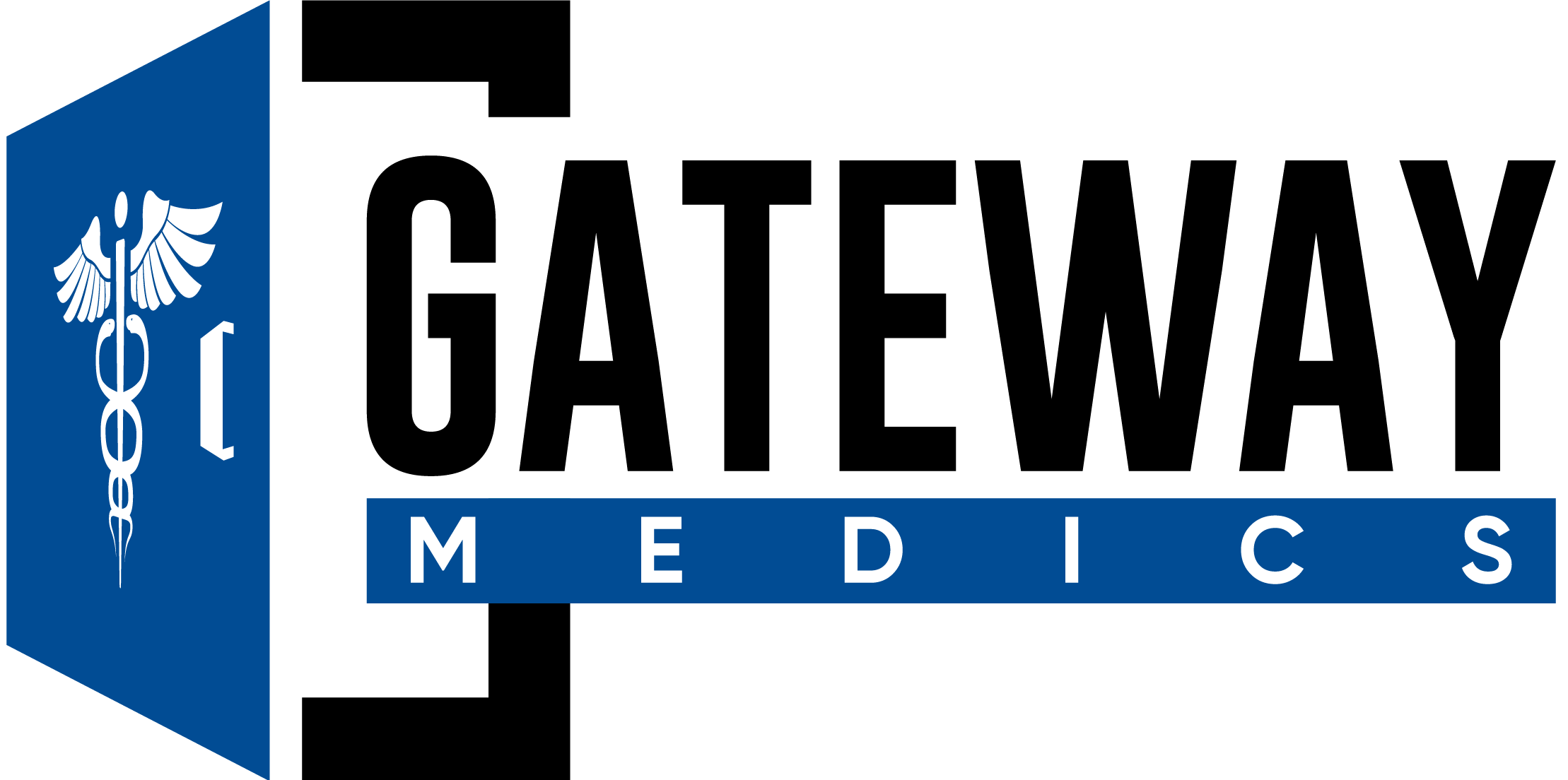Let’s cut to the chase: studying medicine completely online isn’t really a thing. But before you close this tab, there’s more to the story.
The Reality of Online Medical Education
Medical education has evolved, but not quite in the way Netflix changed how we watch TV. While some universities now offer certain theoretical components online—think anatomy lectures or biochemistry modules—you simply can’t become a doctor without significant hands-on, in-person training.
Here’s the deal: in the UK, the General Medical Council (GMC) won’t recognize medical degrees with extensive online components without solid justification. And this isn’t just a UK thing—medical regulators across Europe share this stance.
When Can You Study Medicine Online?
Online learning does have its place in medical education:
- Many universities now use “blended learning” approaches, especially for pre-clinical subjects
- During COVID, remote learning became temporarily necessary (but this was the exception, not the new rule)
- Self-directed online resources often supplement traditional learning
But here’s the non-negotiable part: clinical training—those hospital rotations where you learn to examine patients, perform procedures, and develop clinical reasoning—must happen in person. No virtual reality simulation can replace learning to take a pulse or deliver difficult news to a patient.
What’s the GMC’s Take?
The General Medical Council doesn’t mince words on this topic:
“Medical degrees must include significant periods of in-person, clinical and practical training. Extended remote delivery, without exceptional circumstances, is not acceptable.”
Translation: Study medicine primarily online, and you likely won’t be practicing as a doctor in the UK.
Red Flags: “Fully Online” Medical Programs
If you’re scrolling through options and spot a “fully online medical degree,” proceed with extreme caution. These programs—typically offered by institutions outside Europe—often come with serious limitations:
- Many aren’t recognized by international medical boards
- Graduates frequently can’t sit for licensing exams like PLAB (UK) or USMLE (USA)
- Your dream of practicing medicine could hit a dead end before it even starts
The harsh truth? There are no legitimate shortcuts to becoming a doctor.
Finding Your Path to Medicine
Modern medical education has embraced technology—virtual anatomy tables, online lecture libraries, and digital testing are all part of the experience now. But medicine remains fundamentally hands-on.
If you’re serious about becoming a doctor, your focus should be on finding an accredited program that balances innovative teaching methods with the essential in-person training that makes a good physician.
At Gateway Medics, we partner exclusively with reputable European medical schools offering comprehensive in-person training—ensuring your degree opens doors rather than hits walls.
Considering studying medicine abroad? Reach out to our team for free guidance through every step of the process. Your medical journey is too important to navigate alone.

